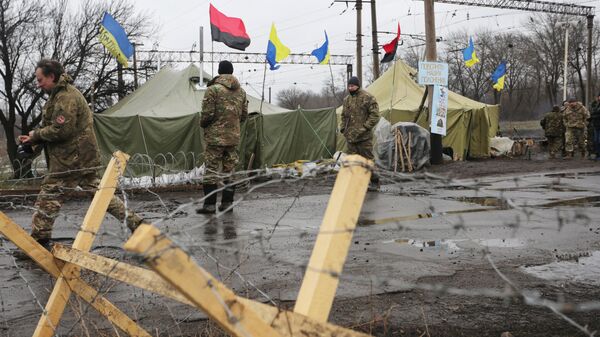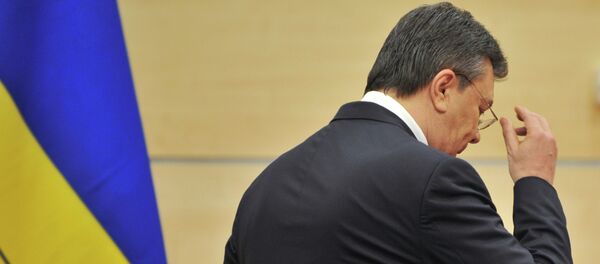"Holding votes in order to elect members of government bodies in Donetsk (DPR) and Lugansk (LPR) this year will entirely depend on Ukraine’s readiness to implement the Minsk agreements and prolong the law on Donbass’ special status. If Kiev once again decides to play [a game], manipulate the situation and put off or refuse to prolong this law for any reason, be it the pre-election situation or other pretexts made up by [Ukrainian President Petro] Poroshenko and his team, this may result in the republics holding elections," Chesnakov said.
The DPR and LPR were interested in putting off their elections "given the international context and the need to implement all the agreements as part of the Minsk accords," the expert suggested.
"Of course, the prolongation of the law on the special status [of Donbas] is one of the requirements stipulated by the Minsk agreements. If Kiev does not extend the law, this would mean that it formally withdraws from these accords," the expert pointed out.
Efforts to stabilize the situation in eastern Ukraine have been made by the Normandy Four group comprising Russia, Ukraine, France, and Germany. In particular, the Normandy Four brokered the Minsk peace accords, which were signed by the sides to the conflict in a bid to end hostilities in the area. The agreements stipulate the withdrawal of heavy weapons from the region, granting the special status to specific Donbass areas by the Ukrainian authorities, and launching the talks between the warring parties on holding elections in these territories.
READ MORE: Kremlin Aide Says Putin, Trump Discussed Issue of Donbass Referendum in Helsinki
In October 2017, the Ukrainian parliament prolonged the law on the special status of the eastern Ukrainian region for 12 months, meaning that the legislation is due to expire soon. According to the law, special status, which would authorize the regions to hold local elections, has yet to take effect, since a number of conditions included in the legislation, specifically the withdrawal of "illegal groups" from the area, have not been implemented. Elections to pick the DPR head and members of the local parliament are slated for this fall.





